Vector Laboratories is closed for the President’s Day on Monday, February 19th. We will be back in the office on Tuesday, February 20th.
We will respond to emails upon our return. Have a wonderful day.
Menu
Vector Laboratories is closed for the President’s Day on Monday, February 19th. We will be back in the office on Tuesday, February 20th.
We will respond to emails upon our return. Have a wonderful day.
Erythrina cristagalli lectin (ECL) has been reported to be useful for the isolation of human natural killer (NK) cells using a negative selection panning technique (protocol available upon request or on our website). Human NK cells appear to lack accessible surface carbohydrate structures required for binding ECL and, unlike other mononuclear cells, do not adhere to ECL-coated culture dishes. Since this procedure involves a negative selection panning technique, a high recovery of viable NK cells can be obtained. The adherent cells can also be recovered by incubation in galactose or lactose.
Fluorescein labeled Erythrina cristagalli lectin has an appropriate number of fluorochromes bound to provide the optimum staining characteristics for this lectin. This conjugate is supplied essentially free of unconjugated fluorochromes. The excitation maximum is at 495 nm and the emission maximum is at 515 nm.
| Unit Size | 5 mg |
|---|---|
| Applications | Immunofluorescence, Glycobiology |
| Recommended Usage | The recommended concentration range for use is 5-20 µg/ml. |
| Recommended Storage | 2-8°C |
| Maximum Excitation | 495-500 nm |
| Inhibiting and/or Eluting Sugar | 200 mM lactose (S-9004) |
| Maximum Emission | 514-521 nm |
| Solution | 10 mM HEPES, 0.15 M NaCl, pH 7.5, 0.08% sodium azide, 0.1 mM CaCl2 |
| Concentration | 5 mg active conjugate/ml |
| Conjugate | Fluorescein |
| Color of Fluorescence | Green |
| Sugar Specificity | Galactose, N-Acetylgalactosamine, Lactose |
Erythrina cristagalli lectin consists of two different subunits of approximately 28 kDa and 26 kDa. The carbohydrate structure to which ECL binds is frequently found in membrane and serum glycoproteins of mammalian origin. Sialic acid substitution on this structure appears to prevent the lectin from binding. This specificity offers an opportunity to utilize agarose bound ECL to isolate or fractionate mammalian glycoproteins.
Accompanying each fluorescent lectin is an analysis data sheet summarizing the results of our quality control tests and providing pertinent information on the product. All of these reagents are supplied as solutions preserved with sodium azide.
Inhibiting/Eluting Sugar: 200 mM lactose
Applicable patents and legal notices are available at legal notices.
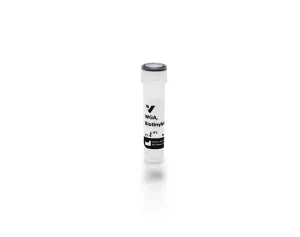
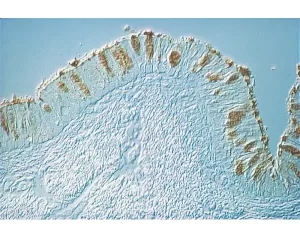
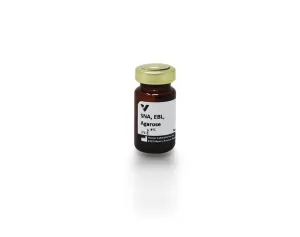
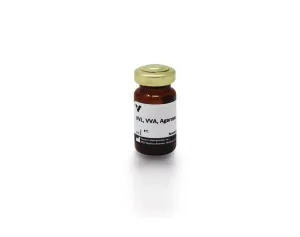
Stay in the Loop. Join Our Online Community
Together we breakthroughTM
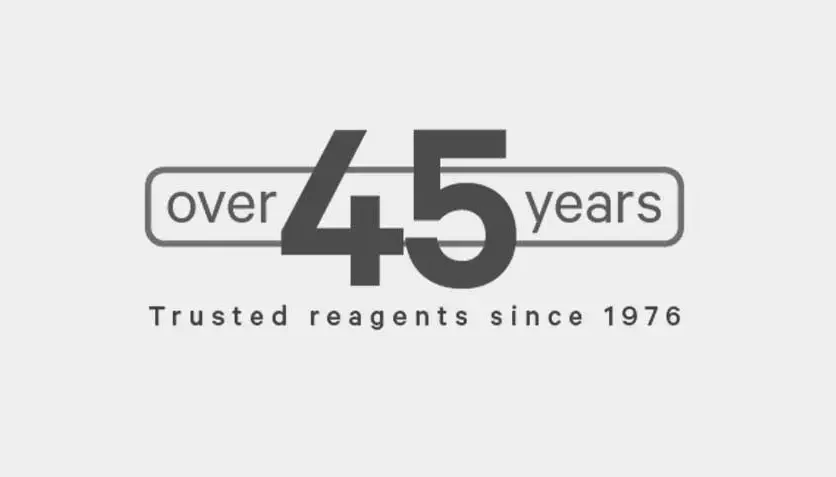
©Vector Laboratories, Inc. 2024 All Rights Reserved.
How do I Request a Quote?
To request a quote for products: